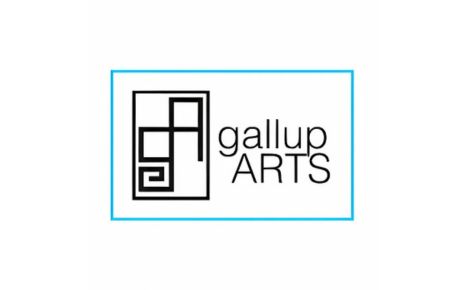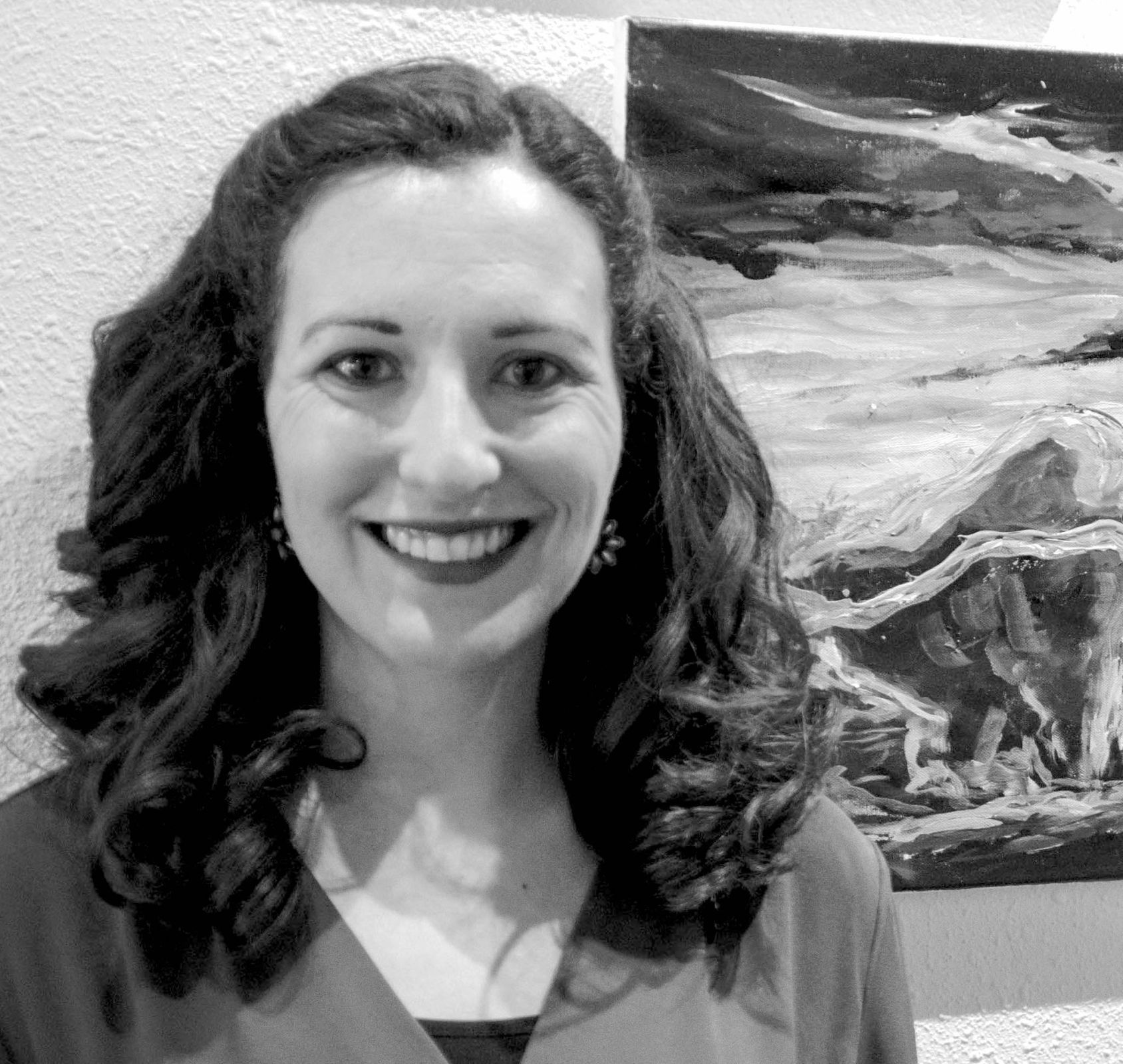
Lessons from the New Deal: Social Justice as Economic Development
May 10, 2025
By Rose Eason, Executive Director of gallupARTS
“In these days of difficulty, we Americans everywhere must and shall choose the path of social justice—the only path that will lead us to a permanent bettering of our civilization, the path that our children must tread and their children must tread, the path of faith, the path of hope and the path of love toward our fellow man.”
So concluded the future President Franklin Delano Roosevelt at the end of a campaign speech on the economy made in Detroit, MI on October 2, 1932. With the unemployment rate in the United States nearing 25%, Roosevelt pitched social justice as a strategy for economic recovery and growth. He argued for the federal government’s essential role in addressing the root causes of poverty and creating the conditions necessary for shared prosperity. He spoke about public health access, workers’ compensation insurance, and social security programs as systemic interventions to restore fairness and morality to the economy and create a rising tide that lifts all boats.
This year’s Gallup Economic Development Week theme is “Building Stronger Together”—a theme, I believe, of which President Roosevelt would approve. Roosevelt’s collectivist philosophy earned him the label of “radical” in some circles, but the New Deal was hugely popular and the stability and advances it instituted in terms of personal and national economic security, labor organizing, home ownership, infrastructure and utilities development, and national parks, were widespread and have proven to be long-lasting.
The arts were central to the New Deal’s social justice-oriented approach to economic development. The New Deal put artists to work creating murals, paintings, and other public art to fill post offices, schools, and government buildings across the country. Federal arts programs combined unemployment relief for the creative sector with increased access to the arts and improved quality of life. Importantly, the programs involved a diversity of artists working in a variety of media, styles, and customs—although the programs did not afford artists of color all the same opportunities as their white counterparts. New Deal programs also paid artists fairly— estimated at $3,000 - $4,000 per month in today’s money (25% above New Mexico’s 2023 median income).
The Gallup New Deal Art Virtual Museum (www.gallupnewdealart.org), launched by gallupARTS on March 29, 2025, explores the artistic legacy of the New Deal. The pieces in Gallup and McKinley County’s New Deal art collection on display in the Virtual Museum are as meaningful today as they were at the time of their making almost 100 years ago: they remind us of our history, provide insights into the evolution of artistic and cultural traditions, and raise issues of representation and cross-cultural exchange. By bringing them to light, the Virtual Museum continues the work of the New Deal, leveraging public art to advance social justice and the empathy and understanding it requires. The Museum also considers the value of artists’ labor, provoking reflection on matters of systemic exploitation and equity within the current regional arts market.
Perhaps because it promotes historical memory, the Virtual Museum is now a casualty of the current administration’s drastic overhaul of the federal government—one that seeks to reverse the ethos of the New Deal. In fact, President Trump is now proposing to eliminate essentially all federal support for arts and culture. gallupARTS is hardly immune in this regard. Funding committed to the Virtual Museum by the National Endowment for the Humanities since 2018 was abruptly and unlawfully terminated by DOGE at the beginning of April.
But, to paraphrase FDR, never fear. gallupARTS’ commitment to stewarding our community’s artistic heritage and to strengthening our society and economy by supporting local artists and promoting the arts remains unabated.
Join us for a Public New Deal Art tour highlighting key works from the collection on Saturday, May 31 at 1:30pm—meet in front of the historic McKinley County Courthouse.

Rose Eason has served as the Executive Director of gallupARTS since June 2016. She has a B.A. in Art History from Barnard College and an Ed.M. in Arts in Education from the Harvard Graduate School of Education. Under Rose’s direction, gallupARTS has become an integral part of Gallup’s creative ecosystem. Rose has developed gallupARTS’ two gallery programs to fully support artists and engage the community with art; has developed several mission-based annual programs including art festivals; has secured and executed over $1.1M in grant projects; has established many productive community partnerships; and has raised Gallup’s profile as an arts and cultural center at the local, state and national levels through advocacy work.

